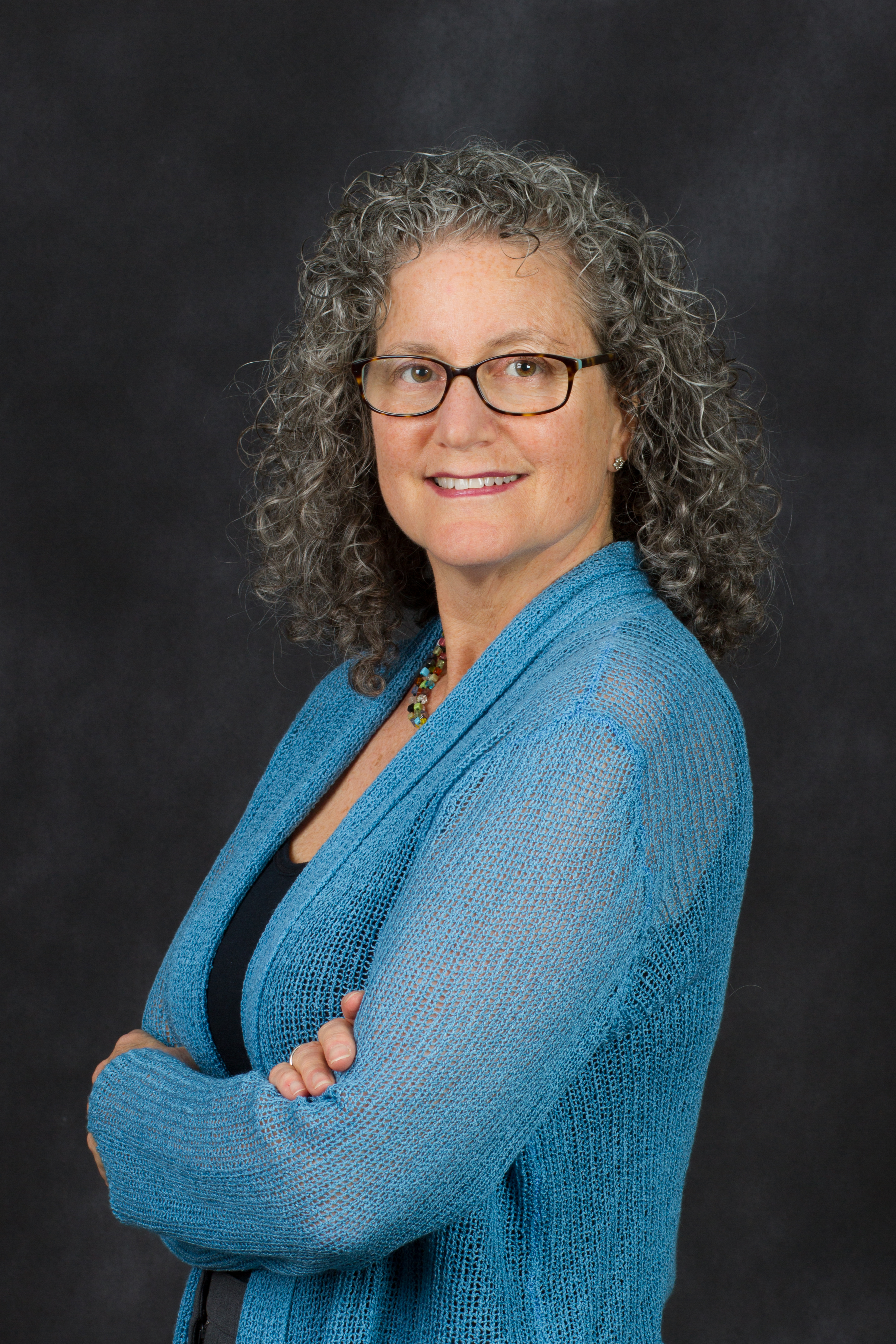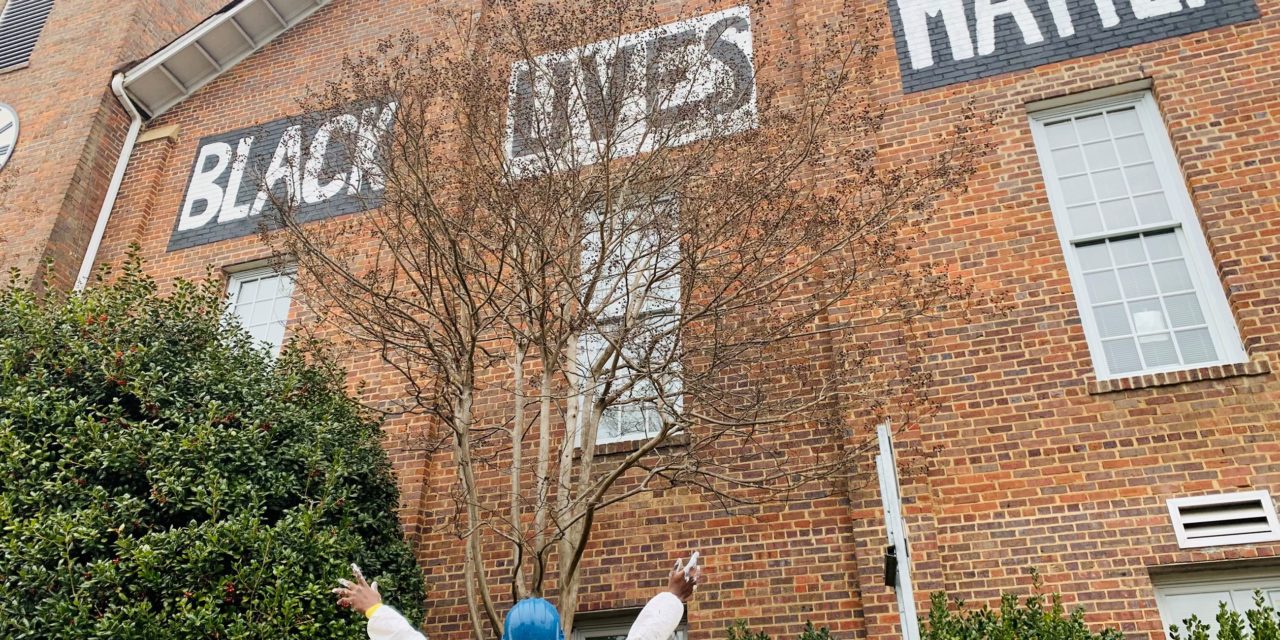On September 1, 2020 the Orange County BOCC voted on a resolution designating Juneteenth (June 19) as an official paid holiday for county employees; Carrboro, Chapel Hill and Hillsborough have similar resolutions and recognitions.
The state of North Carolina recognizes Juneteenth, but not as a paid holiday. In 2007, however, a bill was passed to make Juneteenth a paid holiday once it is federally recognized. 47 states and the District of Columbia recognize Juneteenth as a ceremonial holiday. Texas led the way to make it an official paid holiday for state employees in 1980 and recently New York, Pennsylvania and Virginia followed suit.
But let’s back up! I never learned about June 19, 1865 in school. Sure we were taught about the Emancipation Proclamation freeing slaves in Confederate states in 1863 but nothing about Galveston, Texas-1865. I thought about this and tried to understand why. Was it being raised in the North? How could the history books omit this important part of American history?
My first introduction to Juneteenth was June 1999. My neighbors Rev. Ralph Macy and his wife Mary were organizing a celebration for their church. Mary mentioned this to me while my boys were running around the yard. She explained the importance of the date and why it was celebrated in the African American community. I needed to learn more. As a white person in America, I feel like we always need to learn more. Juneteenth is just one example, the sort of celebration that makes me ask “what else don’t I know?”
I sat down with Gail Jennings, owner of King’s Pepper African products and her husband Melvin Mitchell to get a better understanding about how Juneteenth was recognized and celebrated in the African American community. Gail’s family is from Texas. Her ancestors, living on the Ellis Plantation, were “freed” on June 19, 1865. Gail traced her family history and discovered the Lovelady family, who owned land in North Carolina — specifically in Orange, Guilford and Mecklenburg counties — and Charles Ellis, who married a Lovelady granddaughter, likely owned her great-great-great Grandmother. Mary Lovelady Ellis was Gail’s great-great grandmother born 1820 into slavery and was gifted to the Ellis family as a wedding present when she was just 16. Mary Lovelady was moved to the Ellis Plantation in Texas, where she became Mary Lovelady Ellis.
During the Great Migration (1916-1970) more than 6 million African Americans left the rural south moving north and west to rid themselves of unsatisfactory economic opportunities and harsh segregationist laws. Gail’s parents relocated to Los Angeles where she was born and raised. Although Gail and her family celebrated freedom every June, with picnics and church celebrations, she didn’t formally learn about Juneteenth until 1963 from her elementary school teacher who happened to be from Texas. Ms. Carter’s history lesson was about the 100 year celebration of Lincoln’s proclamation freeing slaves in America. Ms. Carter added how her family was freed two and a half years later in Texas on June 19, 1865. History not in textbooks.
Melvin’s family migrated north to New York City where he was raised. Melvin attended UNC, completing his graduate work in City and Regional planning, then worked for the Town of Chapel Hill assisting then Mayor Lee champion public transit. Melvin, like me, never learned about Juneteenth in school in New York City. As a matter of fact, he really didn’t pay much attention to it until he met Gail in 2014.
The first celebration of June 19 outside of Texas was in Los Angeles in 1949 and hosted by Johnathan Leonard and his family, who were from Texas. (Smaller celebrations took place in Louisiana, Arkansas and Oklahoma.) The tradition continued each year and decades later became a major public celebration throughout LA including events in Leimert Park where it all began. Gail became an organizer of the Juneteenth Heritage Festival in 2009 and helped turn the celebration into a weekend long event featuring entertainment, speakers and food. Today Black communities across the country celebrate the day of freedom with parades, festivals, red food representing the bloodshed and resilience of the enslaved, prayer and fellowship. Check out the Inaugural Chapel Hill-Carrboro Juneteenth Festival here and here.
So how do we ensure the next generation learns this history? My boys went to school in Chapel Hill. They didn’t learn about Juneteenth in school. They didn’t learn about the Wilmington Massacre or the Tulsa Massacre. They didn’t learn about the Tuskegee Airmen. I don’t remember them learning much African American history at all. When I asked them what they recall about American history classes and race, they agreed that they learned more after college when they began to read books and listen to podcasts that explored truthful accounts of America’s past.
How can we change this given the current direction of the NC general assembly with HB324 basically restricting how America’s racial history is taught in our public schools? Nearly a dozen other states, including Texas, a state with a huge influence on school curriculums through it’s textbook market, want to control the teaching of American history by banning or limiting how slavery and racism can be taught.
When I asked Gail her thoughts on NC-HB324 and other bills being proposed across America she quoted Buddha, “Three things cannot be long hidden: the sun, the moon, and the truth.”
(Gail Jennings and Melvin Mitchel live in Durham NC. Gail is the owner of King’s Pepper, an award-winning spice blend based on a centuries-old West African recipe)
(featured image via Town of Carrboro)
 Penny and her family moved to Chapel Hill in 1998. She soon joined the Town of Chapel Hill’s Telecommunications and Technology advisory board and was appointed by the town to the OWASA board of directors where she served 6 years and held the Vice Chair position. In 2009 she ran and was elected to the town council in Chapel Hill, and in 2012 ran and was elected to the BOCC where she served 8 years, the last two as chair of the board. Penny owns and operates a personal chef and catering company and has been published in Cary Magazine, Gourmet Magazine, INDY Week, Southern Neighbor and News14. She lives in Carrboro with her mom Jersey Jacky. You can find her on Twitter and Instagram
Penny and her family moved to Chapel Hill in 1998. She soon joined the Town of Chapel Hill’s Telecommunications and Technology advisory board and was appointed by the town to the OWASA board of directors where she served 6 years and held the Vice Chair position. In 2009 she ran and was elected to the town council in Chapel Hill, and in 2012 ran and was elected to the BOCC where she served 8 years, the last two as chair of the board. Penny owns and operates a personal chef and catering company and has been published in Cary Magazine, Gourmet Magazine, INDY Week, Southern Neighbor and News14. She lives in Carrboro with her mom Jersey Jacky. You can find her on Twitter and Instagram
Chapelboro.com does not charge subscription fees. You can support local journalism and our mission to serve the community. Contribute today – every single dollar matters.


